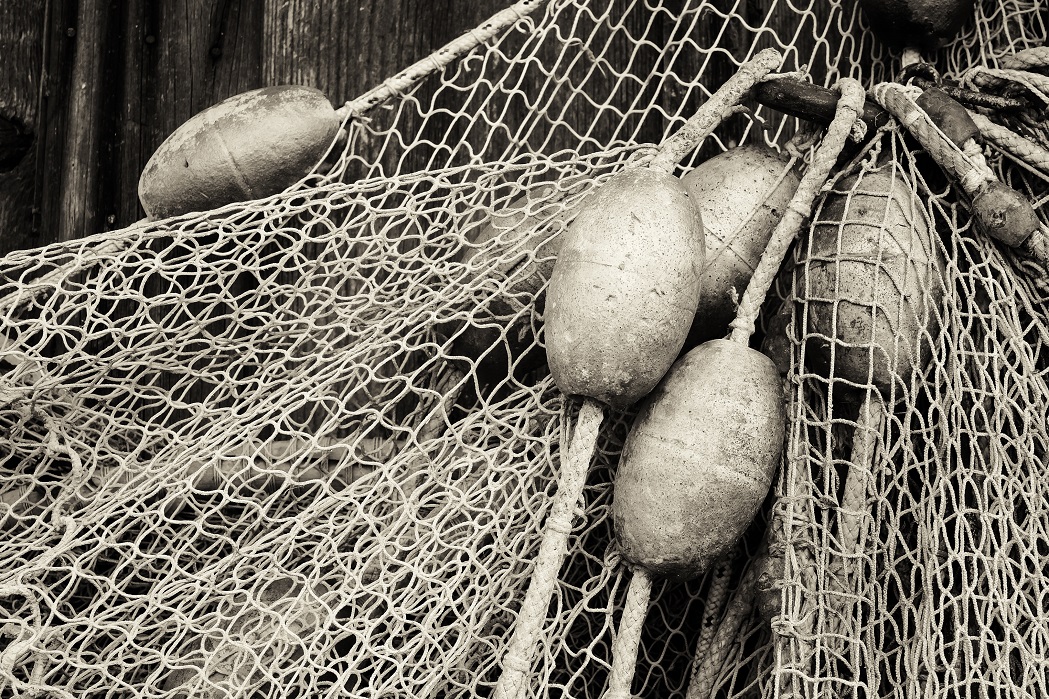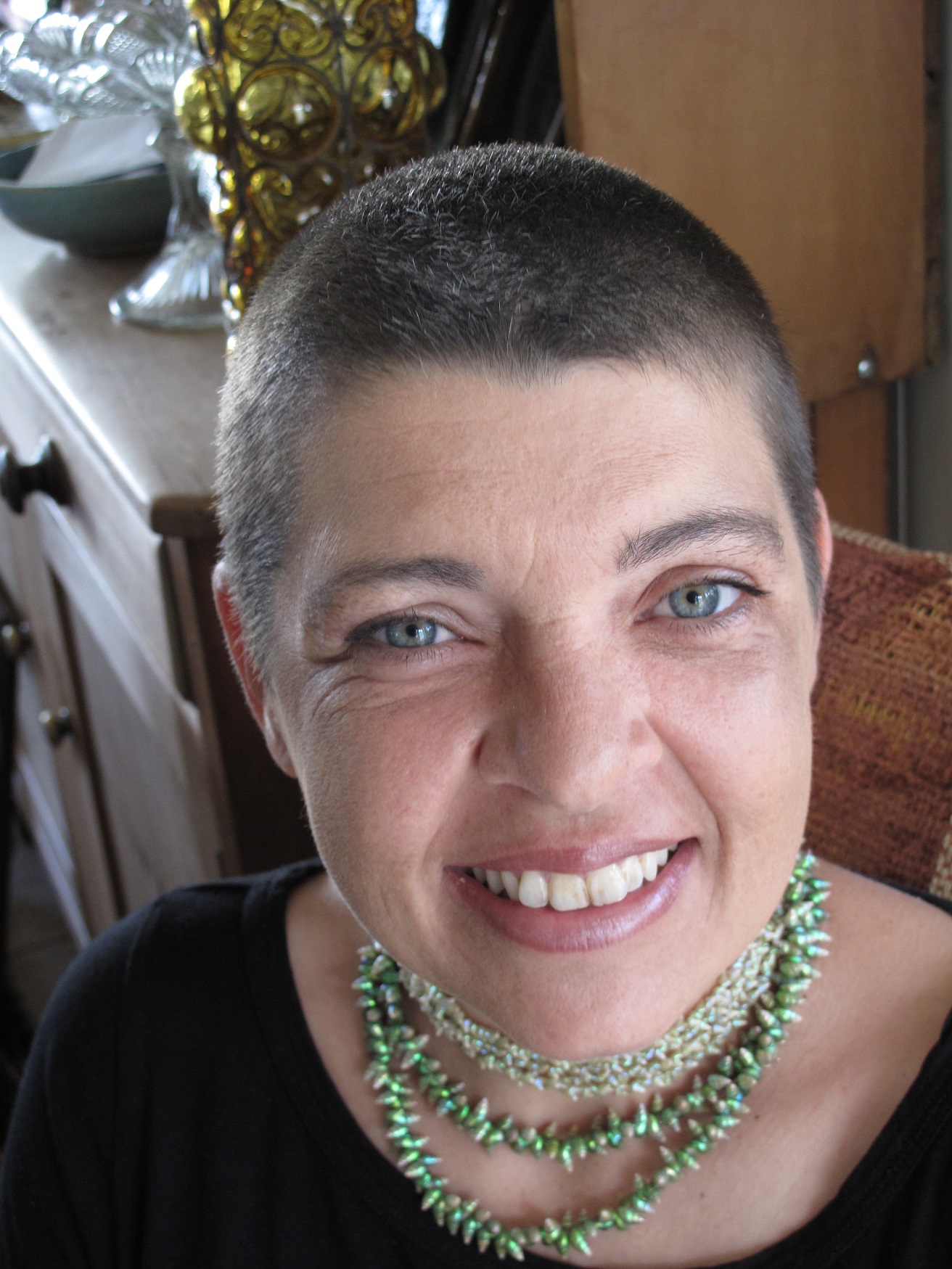
A new study at the University of Tasmania’s Centre of Marine Socioecology (CMS) will investigate the potential for Tasmania’s Indigenous commercial fisheries to operate as key economic components in Tasmania’s regional communities.
The ‘Wave to plate’ - establishing a market for Tasmanian cultural fisheries study, will be funded by the Australian Government’s Fisheries Research and Development Corporation (FRDC) in association with the State Department of Primary Industries, Parks, Water and Environment and the CMS. (Image: Shutterstock)
Professor Steward Frusher, Director of the CMS, said the project has great significance and will begin the journey to understand how Indigenous fishery cultural practices can integrate with, and help to build, regional economies.
Emma Lee, a CMS research fellow at the Institute for Marine and Antarctic Studies, will be one of the project’s lead researchers
 Ms Lee (Pictured, left) is a Tasmanian Indigenous woman, a recipient of the Endeavour Fellowship in 2016, and advised the State Government on cultural issues regarding the Tasmanian Wilderness World Heritage Area.
Ms Lee (Pictured, left) is a Tasmanian Indigenous woman, a recipient of the Endeavour Fellowship in 2016, and advised the State Government on cultural issues regarding the Tasmanian Wilderness World Heritage Area.
Ms Lee said the research would look into the benefits of applying local cultural stewardship practices to seafood industries and promoting themes for people of both Indigenous and non-Indigenous backgrounds to work together.
“This collaborative venture between the government, research institutes, commercial sectors and our diverse Indigenous communities marks a turning point in new regional development ground,” Ms Lee said.
“In beginning to describe the ways in which we care for sea country and then present our seafood products to customers and clients, such as restaurants, festivals and tourism partners, is to find the cultural and economic benefits that drive regional development.”
As part of the project, Ms Lee will work with indigenous wild catch suppliers, food industry specialists and catering experts to road test local diners’ appetite for eating Indigenous wild-catch seafood.
The project will also focus on the identification of indicators to demonstrate to government and others what constitutes satisfying work and sustainable growth, particularly when Indigenous and non-Indigenous people work together to promote local seafood industries.
Ms Lee said the project could assist government with their policies to create new employment opportunities for Indigenous communities while providing real opportunities to develop Indigenous leadership in fisheries.